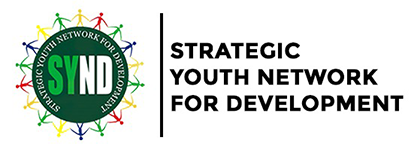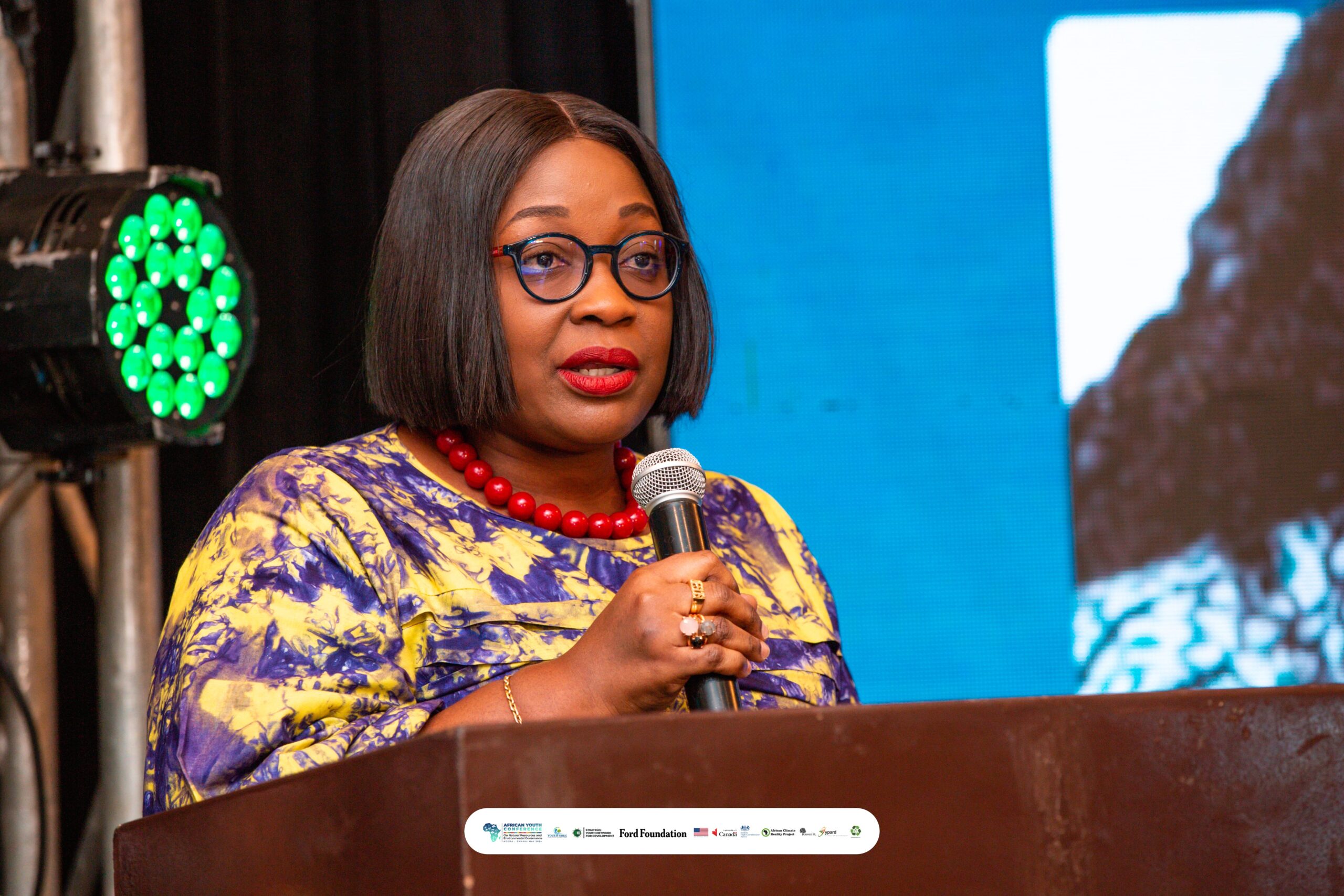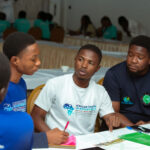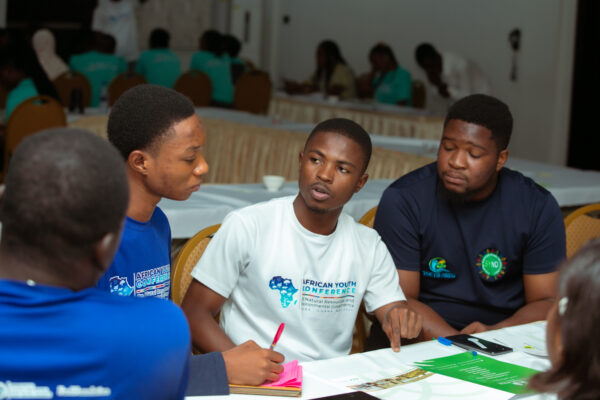Director for Climate Change and coordinator for Ghana’s REDD+ implementation at the forestry communions of Ghana, Madam Roselyn Fosuah Adjei, has underscored the need to tackle issues of natural resources and environmental governance in the country together with local indigenous people and their solutions.
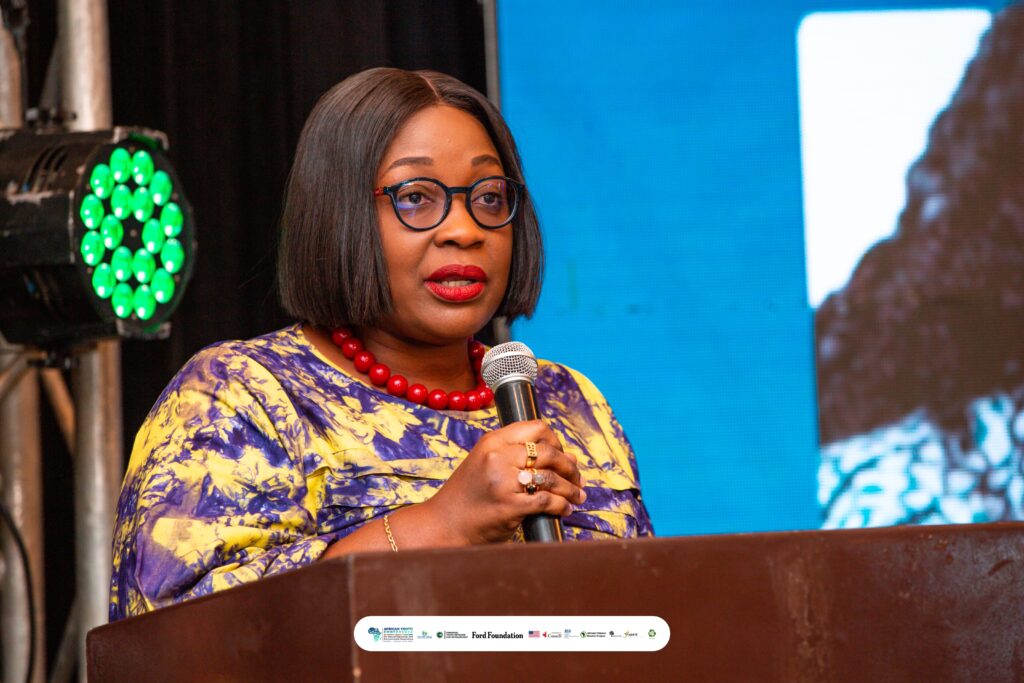
Speaking at the African Youth Conference on Natural Resources and Environmental Governance, a convening of youth from across the continent, Madam Adjei emphasized the need to rethink innovation to reflect solutions that can be found in our local settings.
“Innovation does not always need to be sophisticated. We can have very simple solutions to implement at landscape levels…And so we need to come up with solutions that are homegrown from the landscape level that has indigenous people and local communities identifying with them,” she said.
According to her, this is important because by doing so, locals and their communities can relate to solutions and own them even after project timelines are met. She also adds the need to shun what looks like forcing on them solutions they cannot relate to.
Indicating, that many dynamics confront the government’s ability to chalk results expected, she noted local and indigenous people are essential to dealing with the challenges we are faced with in the natural resources sector.
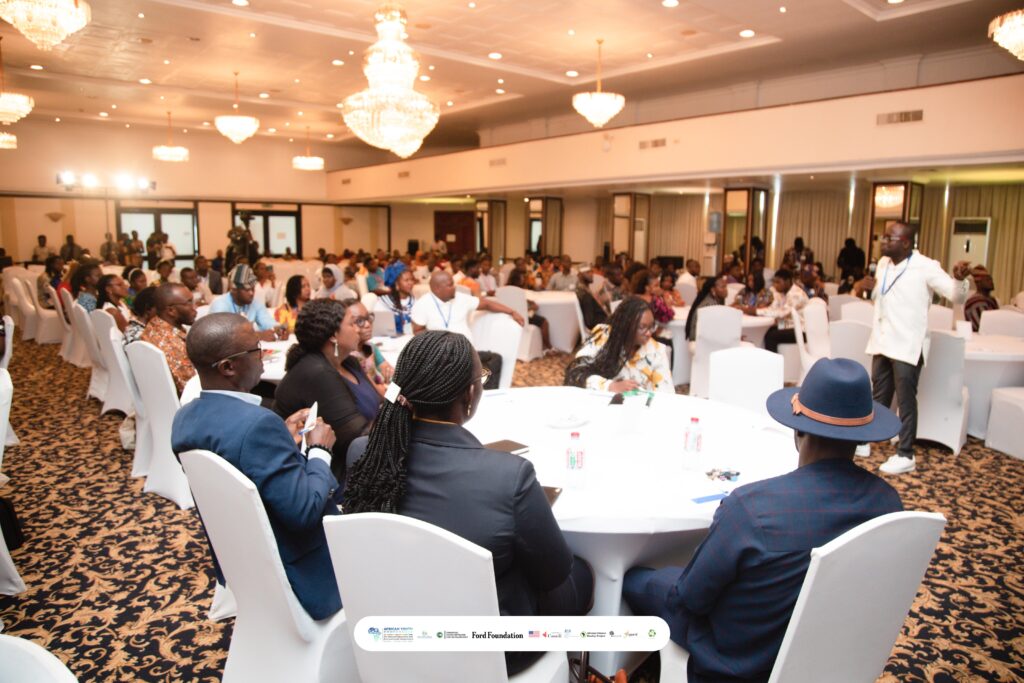
According to her empowering them to take ownership will be a sure way to actively deal with challenges identified.
“…I come from a government organization but in my many years of working, I’ve realized that government is not really going to shift the way we want government to shift. There are too many dynamics in there. However, if you empower the masses, they have the opportunity to make the shift we want to see…” she said.
“There is so much power in the grassroots. And if the masses are well empowered and rise up today, I can confidently say that they are going to help us stem the issues of illegal mining, illegal logging, illegal agriculture and all the other things that we find in our landscape because they are within the landscape…if local communities and indigenous people are not given the rights, are not made to assert themselves the way they have to, we are still going to experience losses in natural resources. And most importantly is to include them in any governance arrangements that we have…I have tried this and tested it out, and it’s working,” she added while reflecting on one of the government’s interventions.
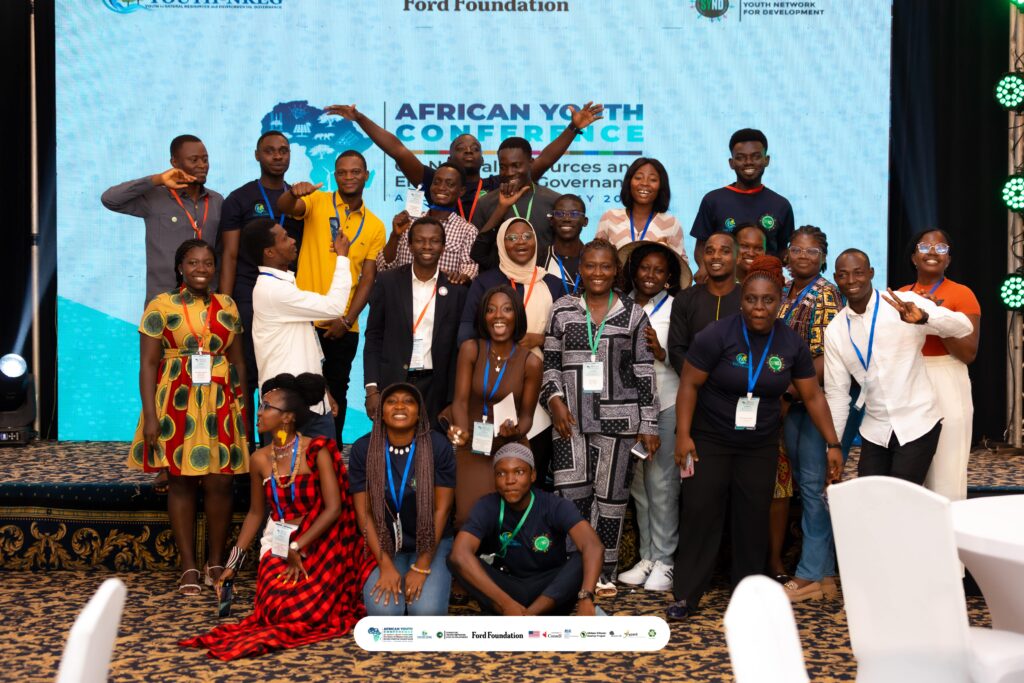
“We have had places where we have established plantations and we did it through a system we call the Modified Taungya System that gives 40% of the revenue of the tree at any time it is harvested to local communities. In those places, we have not experienced forest fires. Prior to, we had a lot of fires in those places. But because communities have realised that, no, we have a stake in these trees, they are actively guarding them.”
Youth present were admonished to be actively involved in policy processes now because policies being worked on now are about them, thus the need to propose things we can identify with.
“…whatever we talk about today… it’s really about us. So if we are not proposing what we can identify with but we are just signing along what the project is going to deliver, in 5-10 years, that project will end. And when it ends, there’s no ownership, and sustainability will be cut off.”
The conference, organized by the Strategic Youth Network for Development (SYND), conveners of the Youth in Natural Resources and Environmental Governance (Youth-NREG) platform was under the theme ‘Amplifying Youth-led Solutions on Climate and Environmental Issues’
